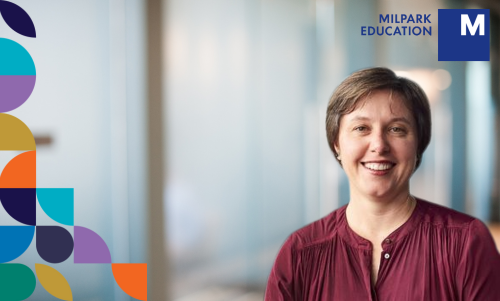For Milpark, the true value of AI lies in how it improves student learning and equips graduates for the workplace.
This approach is clear in the classroom. Students are asked to critique AI-generated outputs - for example, analysing how responses differ between Global North and Global South perspectives. These tasks promote reflection, enhance critical thinking, and help students recognise both the potential and limitations of AI.
Milpark has also tested AI-assisted grading, using a confidence index to compare assessments marked by AI and by humans. “We recognise it still requires a human in the loop,” explained Marilize. “But while the pilot emphasised the continuing need for human oversight, we saw how AI can help make assessment processes more efficient and consistent.”
Innovations like these reflect Milpark’s belief that AI should not replace human judgment but can be leveraged to strengthen students’ ability to think, adapt and perform in complex workplaces.
Read how AI bots are helping postgraduate students simulate real-world risk and insurance scenarios: From Code to Curriculum.

